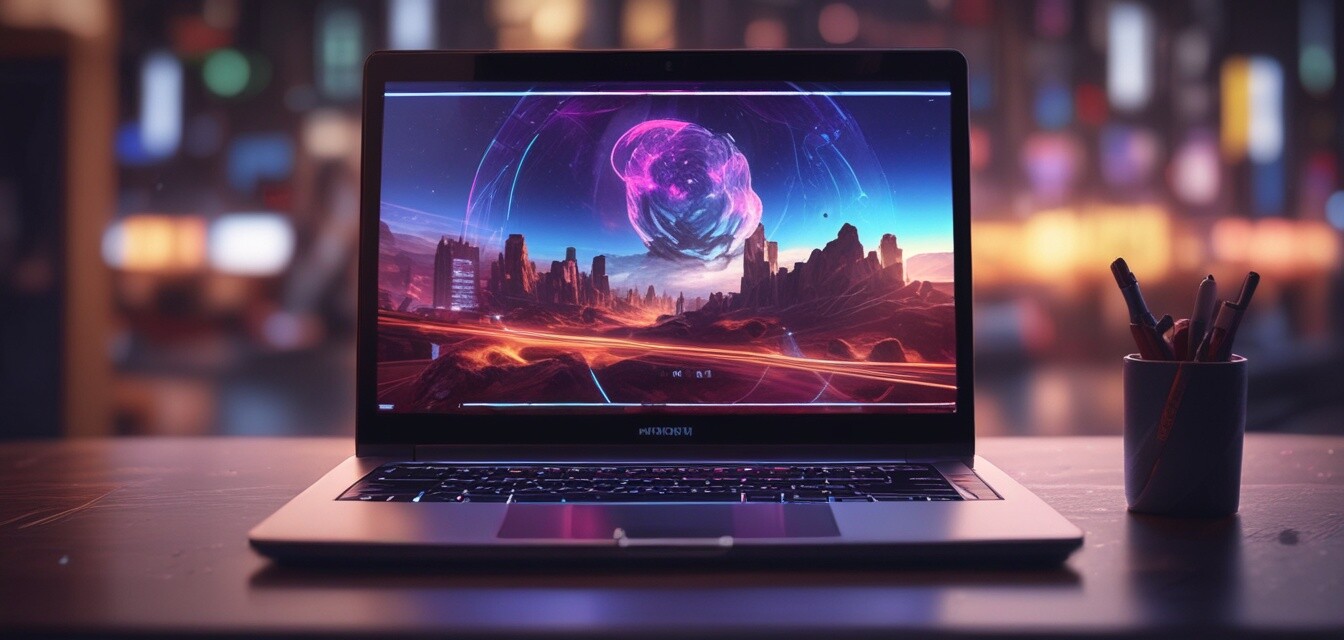
The Future of Touchscreen Laptops
Key Takeaways
- Touchscreen technology is set to advance significantly in the coming years.
- Expect enhancements in responsiveness and clarity, providing users with better interaction.
- Future laptops may incorporate flexible displays and improved durability.
- The integration of AI is likely to personalize user experience.
The world of laptops is continuously evolving, and touchscreen technology is at the forefront of this transformation. As we look toward the future, advancements in touchscreen capabilities can potentialize the way we interact with our devices. This article delves into the cutting-edge trends and technological advancements that are shaping the future of touchscreen laptops.
Advancements in Touchscreen Technology
The evolution of touchscreen technology has been remarkable. Newer models are not only becoming more responsive but are also merging with other advanced technologies. Here are some expected advancements:
- Enhanced Touch Sensitivity: The next generation of touchscreens will likely offer unparalleled precision, allowing for a more seamless operation.
- Flexible Displays: We could see laptops with touch-sensitive screens that bend and fold, providing unmatched versatility.
- Improved Durability: Future screens may leverage tougher materials to withstand everyday wear and tear.
- Glove and Stylus Use: Advanced sensors could facilitate use with gloves or specialized styluses, broadening accessibility.
The Role of AI in Touchscreen Laptops
Artificial Intelligence (AI) is redefining user experiences across various formats. How might AI influence touchscreen laptops? Here are some potential applications:
- Personalized Interfaces: AI could tailor the touchscreen interface based on user habits.
- Smart Gestures: Expect gestures recognized beyond mere taps and swipes, to enhance multitasking capabilities.
- Voice Commands: Integration of voice-activated commands could streamline tasks without physical interaction.
Impact on User Experience
With touchscreen technology becoming more advanced, user interactions are set to become intuitively efficient. These advancements can potentially translate into:
| Feature | Current Technology | Future Technology |
|---|---|---|
| Responsiveness | Moderate | High |
| Clarity and Color Depth | Standard | UltraHD+ |
| Durability | Average | High-Impact Resistant |
| Functionality | Tapping and Swiping | Gestures, Voice, and more |
Emerging Trends
We invite you to stay updated with the latest trends in touchscreen laptops. Here are some exciting movements within the industry worth noting:
- Emerging technology trends that are reshaping how we interact with laptops.
- Innovative designs of 2-in-1 convertibles integrating touchscreen technology with traditional computing.
- Helpful buying guides to help you choose the right touchscreen laptop for your needs.
- Gaming laptops are now incorporating better touch technology for an enhanced gaming experience.
Conclusion
The future of touchscreen laptops is bright and promising. With continuous advancements in technology, users can expect better performance, versatility, and personalization. Keeping an eye on these trends not only enhances your technological experience but also guides you in making informed decisions when considering your next laptop purchase.
Pros
- Improved user interaction with advanced sensitivity.
- Flexible displays for a versatile experience.
- Durable touchscreens that resist damage.
- AI integration for personalized experiences.
Cons
- Potential higher costs of advanced models.
- Learning curve associated with new interface enhancements.
Tips for Beginners
- Consider your typical use case before investing in a touchscreen laptop.
- Research different brands and their touchscreen technologies.
- Test different models to find the one that suits your needs best.